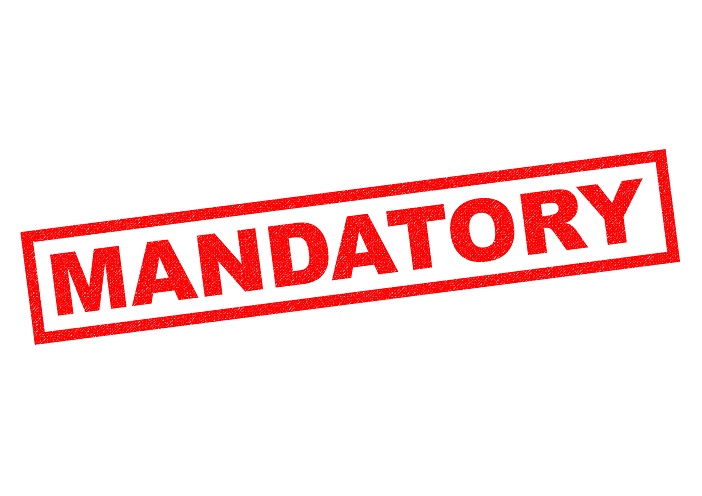 A topic that we’re often asked about is mandatory training for members of the GP practice team – and more specifically, what the CQC expects to happen in practices.
A topic that we’re often asked about is mandatory training for members of the GP practice team – and more specifically, what the CQC expects to happen in practices.
The topic is actually one that’s addressed in the excellent CQC mythbuster series – available on the CQC website. This handy guidance outlines exactly what inspectors are looking for when they call – and provides an excellent benchmark for practice managers to work towards.
What’s mandatory?
In a nutshell, the CQC does not have a list of mandatory training for members of the GP practice team. This, it says, is because exact training requirements will depend on the role and specific responsibilities of practices and the needs of the people using the service.
That means practices are ultimately responsible for determining what mandatory, and additional, training staff need to meet the needs of their patients.
More specifically…
That’s all a little woolly, so where can practices turn for further guidance?
The CQC says that when it is looking at staff training under its key question of how effective a provider is, key line of enquiry (KLOE) E3 specifically considers whether “staff have the skills, knowledge and experience to deliver effective care and treatment”. All providers are required, under the Health and Social Care Act 2008 (Regulated Activities) Regulations 2014, to meet Regulation 18.
That means providers must have sufficient numbers of suitably qualified, competent, skilled and experienced staff to meet the needs of the people using the service at all times.
During an inspection, the CQC team will look at whether staff have the right qualifications, skills, knowledge and experience to do their job. This includes:
- when they start their employment
- when they take on new responsibilities
- on an ongoing basis
Inspectors will look at how the provider identifies the learning needs of staff; and whether they have appropriate training to meet their learning needs and to cover the scope of their work.
Some examples
While there isn’t a definitive list of mandatory training, the CQC has issued a list of training examples that it expects to see evidence of. This includes:
- basic life support
- infection control
- fire safety training
- Mental Capacity Act and Deprivation of Liberty Safeguards
- training to the appropriate level on safeguarding adults at risk and safeguarding children
Practices could be asked to demonstrate training for clinical staff linked to their specific clinical responsibilities. For nursing staff, for example, this could be taking samples for the cervical screening programme, administering vaccines and for extended roles in treating minor illness and long-term conditions.
Further guidance
As discussed earlier, there are no statutory regulations that specify how often primary care staff should be trained. Fundamentally, it is important that if anything untoward happened in your practice, partners could stand in front of a coroner or judge and justify that the training they had provided for their staff was sufficient to ensure they were competent, and confident to undertake the task given to them.
Wessex LMC adds that it would be wise to check guidance from the following to see if they are making specific training recommendations:
- GMC
- CQC
- Health and Safety Executive
- Resuscitation Council
- Enhanced Services Specifications
An example
In the informative briefing note issued by Wessex LMC, a sample training plan is outlined, which is as follows:
- Induction: once (within first month of employment)
- Fire safety: annually
- Manual handling: once then refreshed when necessary
- Infection control: annually
- CPR/basic life support: annually
- Safeguarding (adults and children): e-learning is acceptable
- Information governance: Once, then refreshed when necessary
- Conflict resolution: Three yearly refresher
- Equality and diversity: Once with refresher if required
- Mental Capacity Act: Once with refresher if required
For team leaders or managers of staff or appointed leads, the LMC also recommends that the following are covered at least once:
- Managing performance
- Recruitment and selection
- Appraisal training
- Managing sickness and absence
- Risk assessment
- Health and safety
All-in-all, as long as practice staff are competent and up-to-date and confident about their ability to complete the tasks they need to, all should be well. The above guidelines should provide an outline but, as the CQC says, practices are ultimately responsible for determining what mandatory, and additional, training staff need to meet the needs of their patients.
Trending topics in the forum:
Verbal complaints recording
What have I let myself in for?!
Waiting days – Sickness
Reimbursement for flu vaccinations





0 Comments